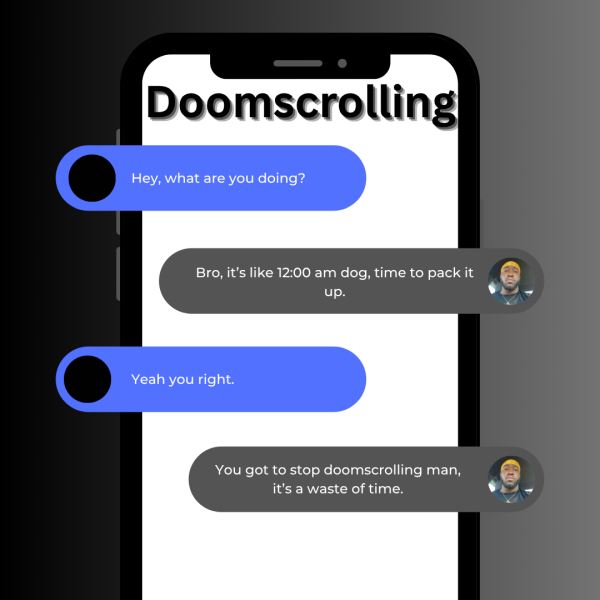Diabetes awareness month
Life beyond finger pricking and blood testing
You wake up in the middle of the night in a panic. You can feel a numbing sensation in your finger tips. Your hands are shaky. Your chest is light and your heart is slightly palpitating, making you feel like you’re in a foreign place.
Quickly, however, you realize your mind is tricking you; your blood sugar is low. Checking blood sugar is crucial for diabetics in maintaining not only a healthy mind, but a body, as well.
People don’t understand the difficulties of diabetes. Elevating your blood sugar properly is important to both Type 1 and Type 2 diabetics. If not monitored correctly, the risks of getting a stroke, heart attack, foot complications, vision problems, and kidney malfunctions are unbelievably high.
One way of treating type 2 diabetes is through exercise, and even prescribed pills such as Januvia. Januvia works by increasing insulin production within the pancreas, and decreasing made sugars in the liver.
“I was diagnosed with Type 2 about four years ago,” teacher Clinton Davis said. “I started on the pills, then I just got my diet under control so my doctor took me off. There are a lot of side effects with using pills.”
Type 1 diabetes, also referred to as juvenile diabetes, is usually diagnosed in children and young adults. This type is widely treated by insulin syringes, or the modern day pump. Fortunately, only five percent of diabetics have this type.
“Checking my blood is most irritating cause I need to do it every time I want to eat something,” senior Matthew Moreton said. “I even have scar tissue on my finger tips from pricking my finger often.”
Unlike having been genetically passed down, Type 1 diabetes can still be found and diagnosed in toddlers as young as a year old to an senior citizen.
“I was diagnosed with diabetes at the age of two. I got it and then my dad got it, so it wasn’t by genetics,” junior Monica Borders said. “I grew up with diabetes as a tyke. I learned how to live with it just as someone without it would learn how to live. It’s the only life style I know.”
Hemoglobin is a protein that coordinates with sugars such as glucose within red blood cells. Their mission is to transfer oxygen from the lungs to the rest of the body’s entire cells. The higher amount of glucose within the blood, the more hemoglobin will be glycated.
Although the type of diabetes depends on the level of A1C, levels can alternate by type of diet and exercise. A normal A1C level is averaged around 5.5% or lower, prediabetes is averaged around 5.7%-6.4%, and diabetes is averaged 6.5% or higher.
Junk foods often cause A1C to rise over a period of time. The lower the A1C, the safer your body is.
A review with your doctor of the A1C from the past 2-3 months will indicate how well your treatment plan is being handled. Though the doctor can tell you exactly what has been, as well as needing, to be done, it’s up to you to make healthy decisions.
Your life is in your own hands.





